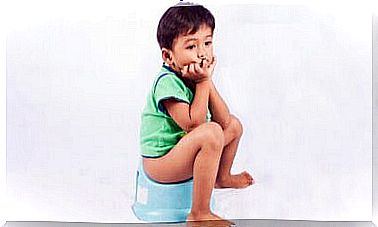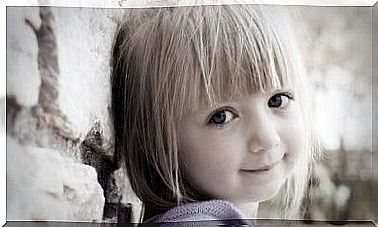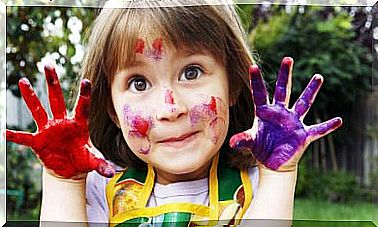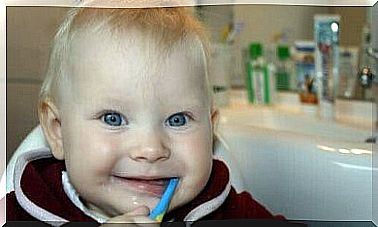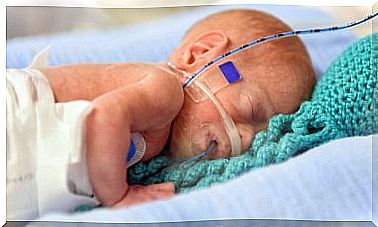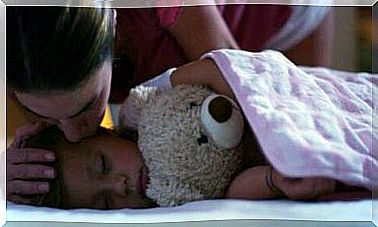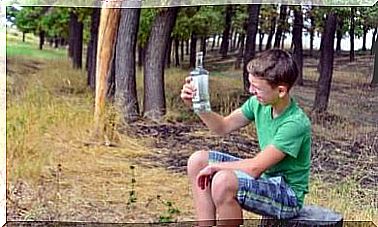At What Age Does A Child Build His First Memories? – Being Parents
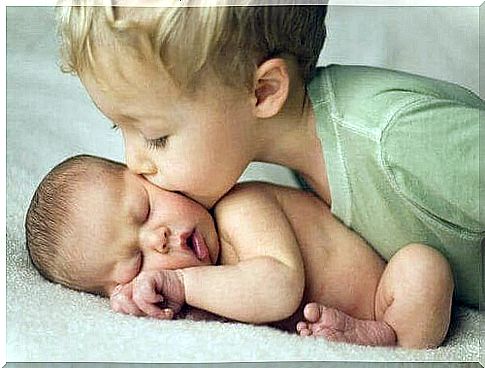
It is rare that we can remember anecdotes dating back to our first years of life. In fact, the average age of our earliest memories is three years and four months.
If we do not remember anything before this age, it is because our brain had not yet developed its capacity to build autobiographical memories.
Some people think or claim to have vague memories of their early childhood. Sometimes they claim that they keep blurry images of what they saw from their crib. But these memories are probably built later on from the stories of other people, especially the mother.
According to specialists, the images that we imagine while listening to this type of story remain in our memory in the form of false vague memories. Most of the time, these are not real memories.
Indeed, the episodic memory which allows us to save autobiographical data, such as events, places, the emotions associated with them, down to the small details, does not develop until the age of three.
Your Baby’s First Memories: A Complex Process
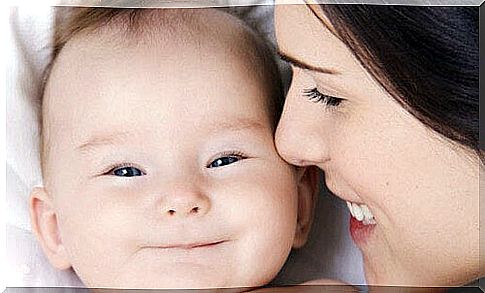
From birth until age three, a child’s brain develops very quickly. During the first two years of its life, the brain creates new neural connections.
It is for this reason that our brains are more active at one year of age than at any other time in life, according to scientists. But this particularly active brain changes over time.
As Westminster University scientist Catherine Loveday explains, the brain must be able to get rid of certain connections in order to function. Imagine a tree being pruned. It is during this process that all children lose memories.
According to some theories, language acquisition also helps to fix early memories. A recent study on childhood memory reveals that “we remember mostly what we can name”. Scientists add that episodic memory cannot save and preserve memories involving concepts the child does not yet understand.
For our brain, it is difficult to codify a memory when we do not have the linguistic concept associated with each data. This means that the child cannot store anything in his episodic memory until he has learned to speak and to code everything and every emotion using words.
In addition, the hippocampus is essential for codifying and storing memories in episodic memory. However, it is still in the developmental phase during childhood.
All these reasons allow us to understand why children do not keep memories until the age of three. This is because their brain is not yet ready to store this data.
Neuronal plasticity and memories
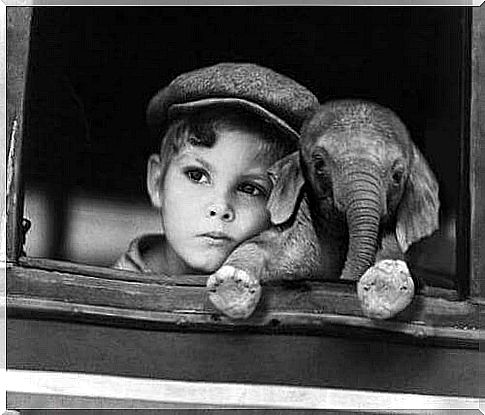
It is not clear why certain memories are erased. According to some specialists, it is because at this age, the brain has a great neuronal plasticity and that it is constantly reorganizing itself.
During this process, memories fade to give way to new learning. It is not until three years old that children develop their ability to fix memories.
In addition, as we said before, your child needs language to fix his first memories. To be able to remember an event or an anecdote, he must be based on a narrative structure that gives coherence to what he has lived.
He must also be able to interpret what is happening to him. This is what happens when we remember an event. At this age, your child is still learning to differentiate between what is usual and what happens much less frequently.
Help your child to fix his first memories
You now know that episodic memory must first develop before it can store information. However, it is possible to help your child to better fix his first memories. In particular, there are methods to stimulate the baby’s memory.
Since memories are almost always associated with emotions, you can offer your baby different experiences. To build his memory, the child needs to explore, to touch, to feel… In other words, he needs a life experience. It is not enough to tell him that such and such a thing exists.
To help her remember events more intensely and vividly, stimulate her five senses. When you remember something with your child, in addition to telling them what happened, you can show them pictures or videos.
Talk to him about smells and flavors. A visual reference will be particularly stimulating. Indeed, for many people, it is easier to remember a picture than a story.
Let him talk about what happened. This exercise not only helps your child to fix his memories, but also to learn to express his emotions.
Take the opportunity to explain to him that it is normal to feel sorry, to be afraid or to be sad in certain situations. Thanks to you, he will develop his memory and fix memories in a positive way.
